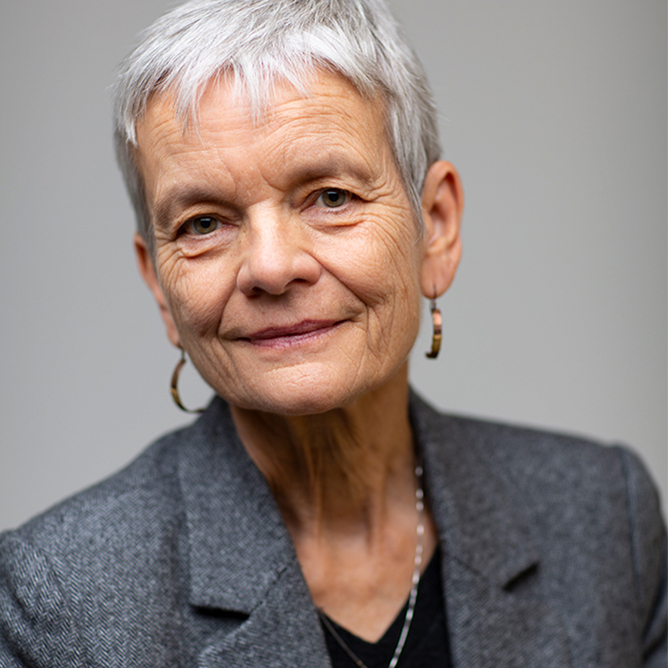By Lisa Graumlich
I’m counting the days until November 1st. On that date, the 26th UN Climate Change Conference (COP26) will convene global leaders to negotiate commitments to address the climate emergency. The sense of urgency is palpable, fueled by the recent scientific assessment revealing the planet’s steep trajectory of global warming. The UN Secretary-General António Guterres did not mince words when he describes this moment as “a code red for humanity. The alarm bells are deafening, and the evidence is irrefutable.”
I will have a virtual ring-side seat to COP 26 as member of a 24-person delegation appointed by Presiding Bishop Michael Curry to represent The Episcopal Church. As a climate scientist, I know the stakes could not be higher. As a delegate, I will be striving to bring a faith-based perspective to COP26, urging our leaders to rise to the challenge of endorsing bold strategies that reduce fossil fuel emissions, thus allowing us to reach that important target of “net zero” by the middle of the century. What does net zero look like? Imagine a world where the amount of fossil fuel emissions into the atmosphere is the same as the amount of carbon that we remove from the atmosphere. In essence, we stop actively making the climate crisis worse.
What should you be watching for in the weeks ahead? I have three recommendations.
First, note that the talk of scientific uncertainty is over. I am one of thousands of scientists who have worked tirelessly for decades to develop a robust scientific basis to call for action. As a scientific community, we can assert with confidence that 1) climate change is happening now, 2) human activity is responsible, 3) the impacts are serious and will be getting worse, and 4) importantly, there is still time to prevent the most disruptive changes. Our message to the global community is direct, sobering, and backed up by 1000s of peer-reviewed scientific papers. Climate change is real.
Second, listen to those who are most impacted right now by climate change. All of us are now experiencing adverse impacts of climate change, but some of us are more vulnerable than others. Listen for voices from around the world describing how food supplies are disrupted, rising seas threaten our coasts, wildfires run rampant, and storms of increasing intensity flood our communities. Listen to the voices of young people. They are inheriting a world of increasing climate-driven risks, and they have every right to be deeply concerned. Climate change is robbing them of future options.
Third, actively reach out to friends and family to have the challenging conversations about climate change and our collective future. The specter of climate change is overwhelming, but we have unique strengths to bring to this issue. As people of faith, we know the power of lamentation when we set aside denial to confront despair with honest cries of pain at loss and social injustice. From our ancient traditions, we know how to move beyond lament to imagine a vision of a more just and sustainable world. Finally, we know how to embrace hope that will fuel our engagement long after the COP26 meeting is over. Climate change calls all of us to action.

Dr. Lisa Graumlich is a climate scientist and dean emeritus of the College of the Environment, University of Washington. She has devoted her career to studying the causes and impacts of climate change. She is passionate about advancing solutions to the climate emergency that are informed by science, grounded in faith, and responsive to community needs and aspirations. She is a parishioner at Saint Mark’s Cathedral in Seattle where she seeks to build bridges between creation care ministry, restorative justice and systemic change. She is in a discernment process with hopes of deepening this ministry as an ordained deacon.